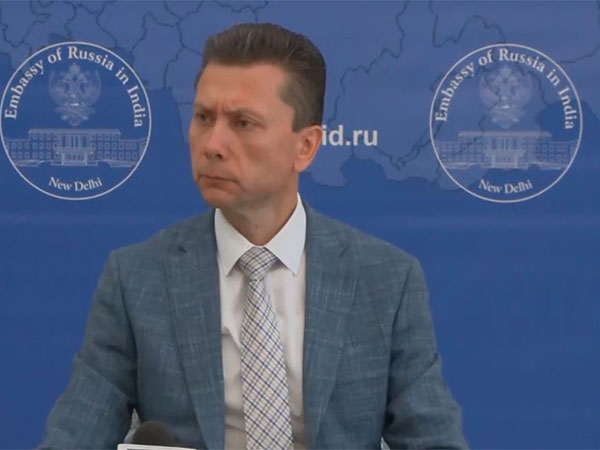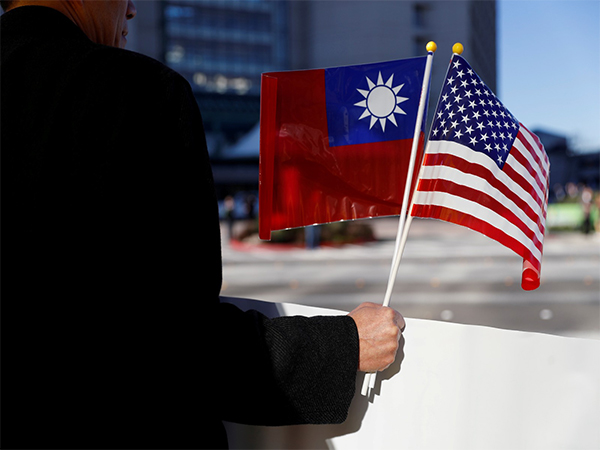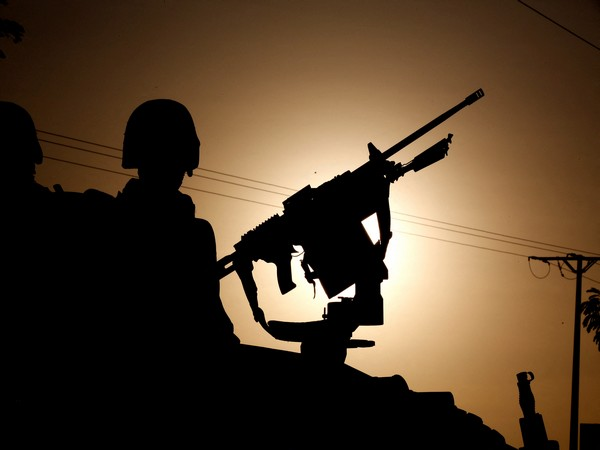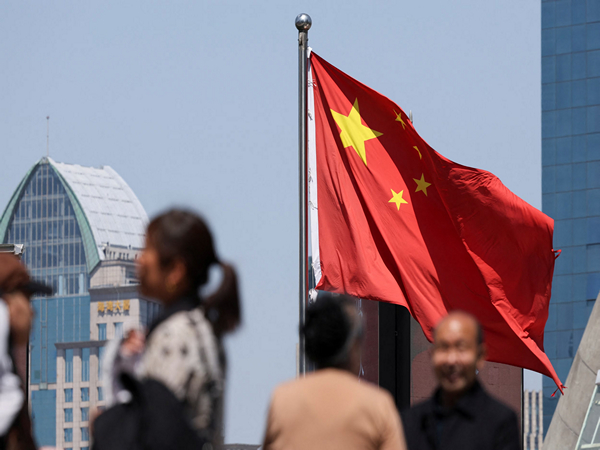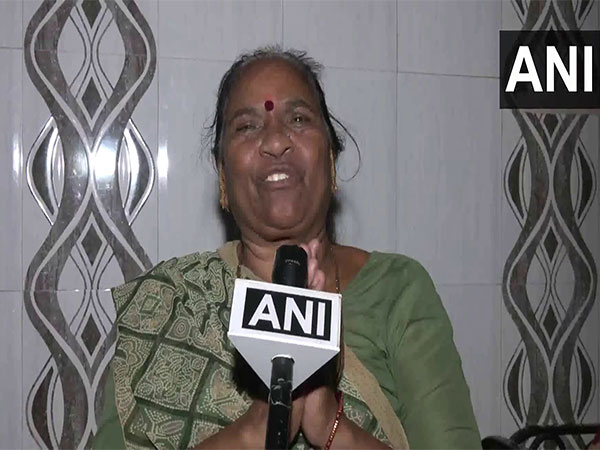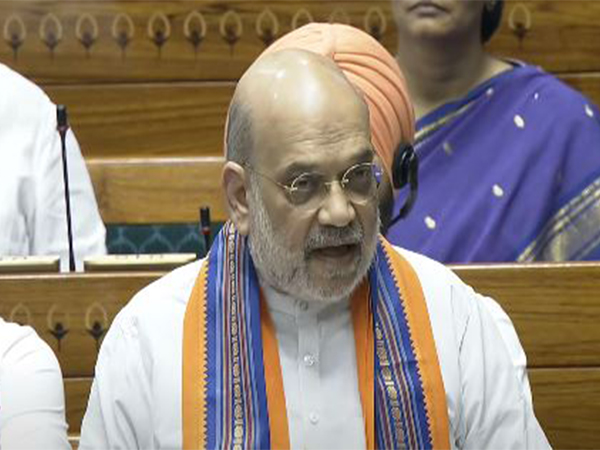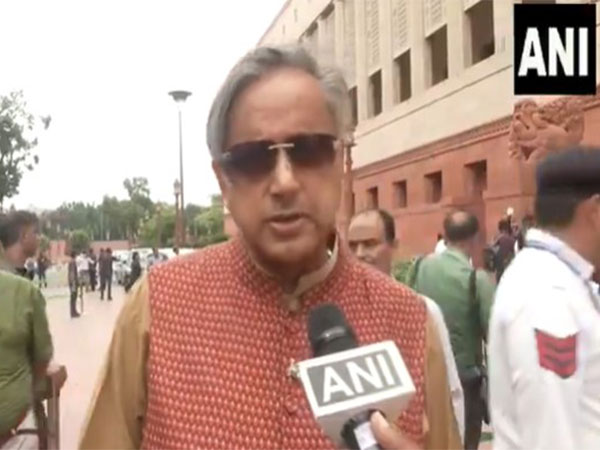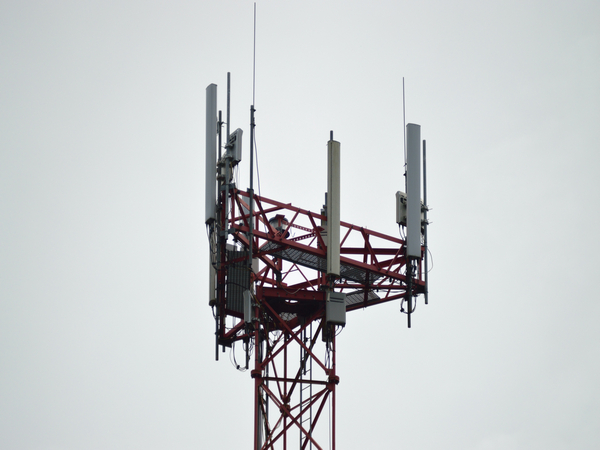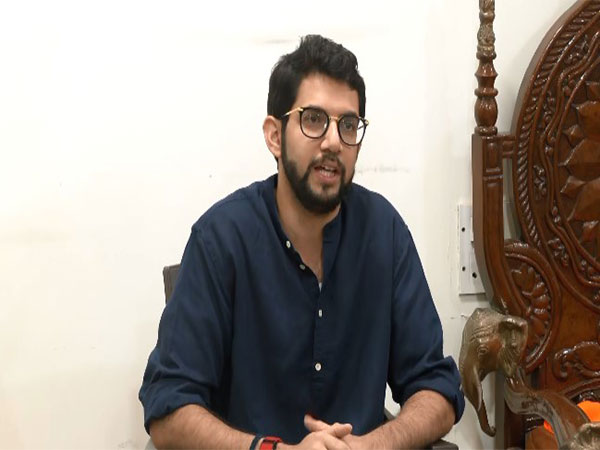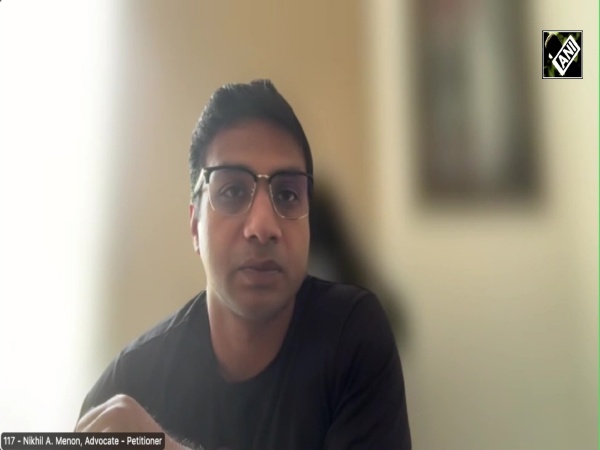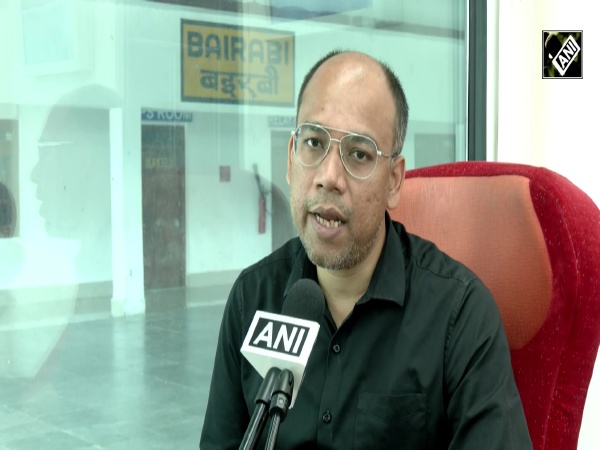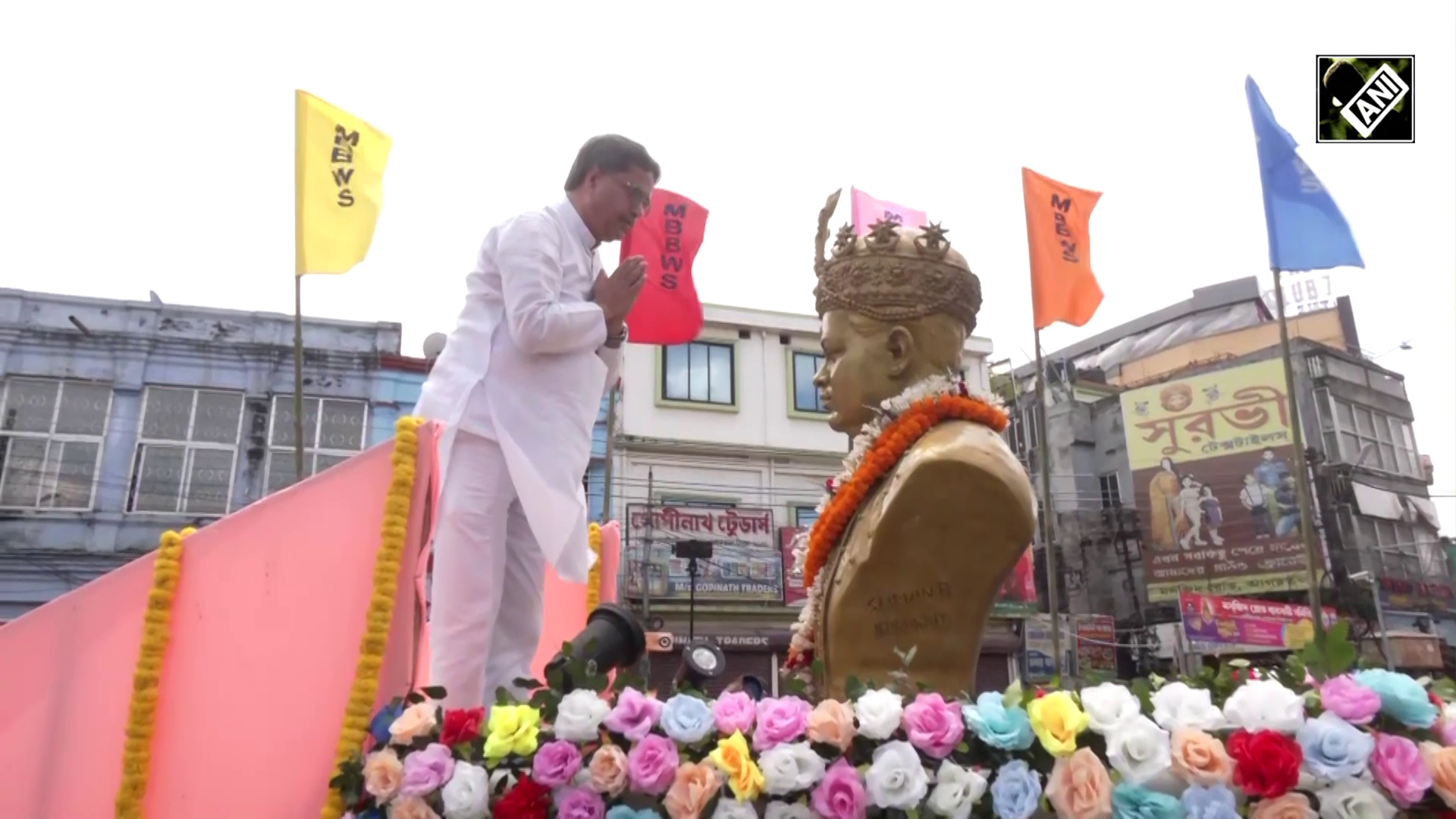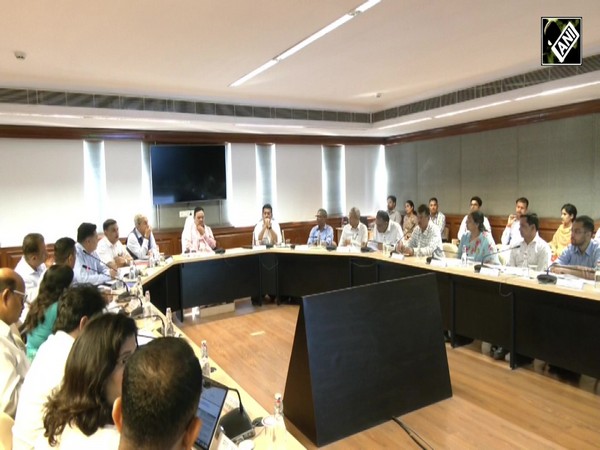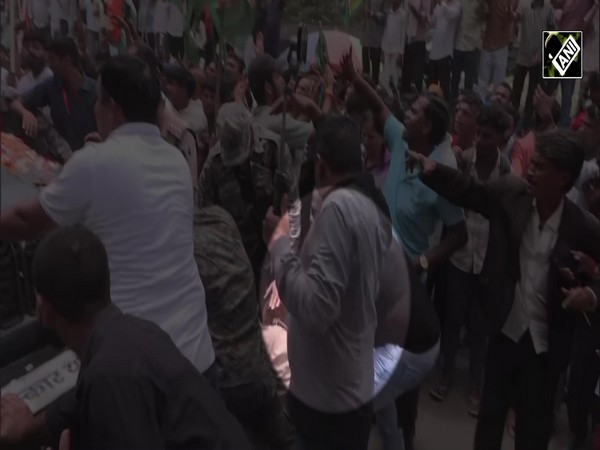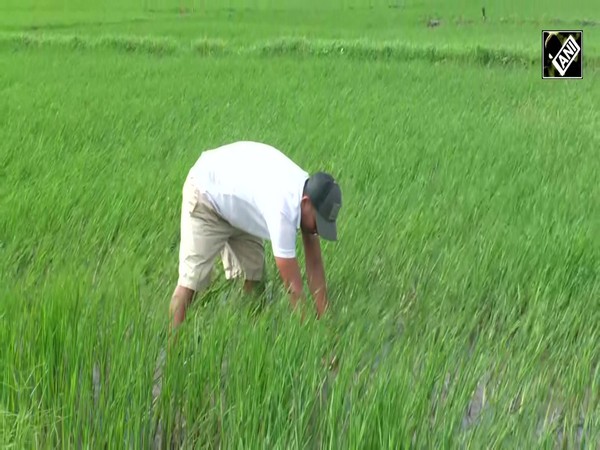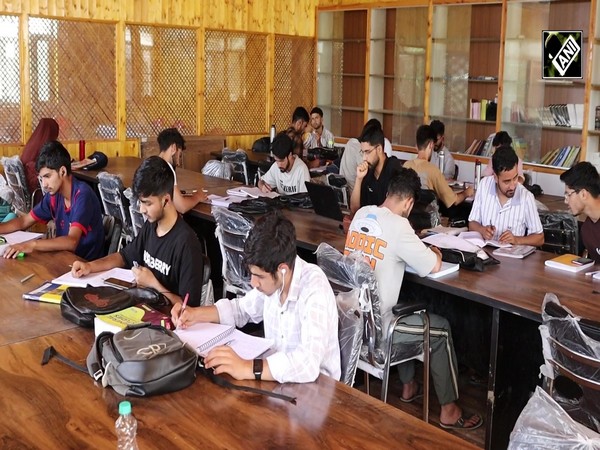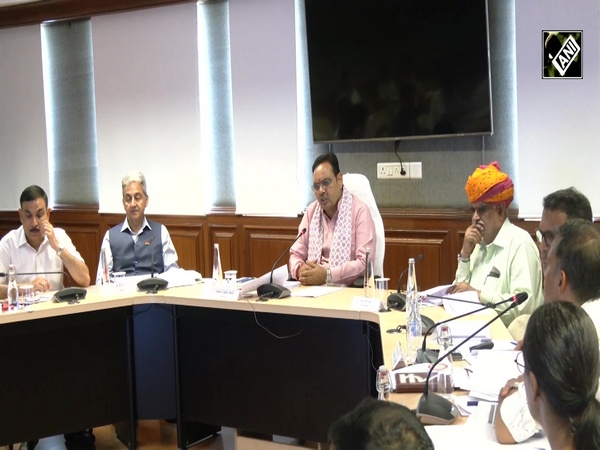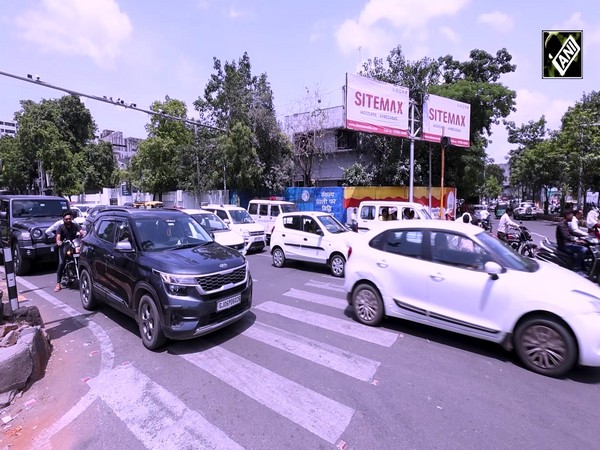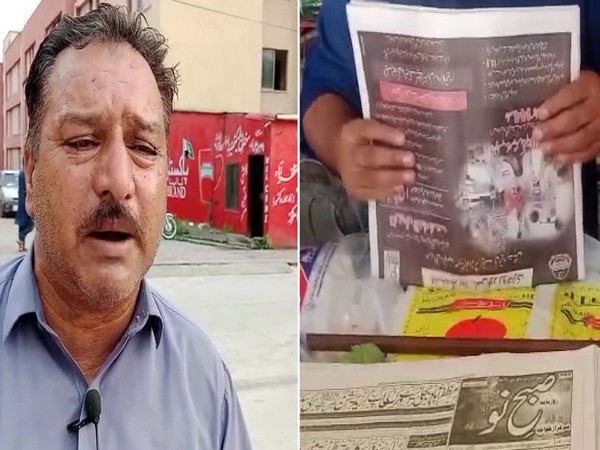Empowerment of Kashmiri women can't commence if Dukhtaran-e-Millat continue to propagate terror: EFSAS
Jul 20, 2020

Amsterdam [Netherlands], July 20 : The empowerment of ordinary Kashmiri women and girls cannot commence if organisations like Dukhtaran-e-Millat continue to "vociferate" the language of violence and terrorism, according to a European think tank.
"...Empowerment can only commence once an ordinary Kashmiri woman reclaims her centuries-old Sufi-inspired liberal narrative and unequivocally halts organisations like Dukhtaran-e-Millat from advertising themselves as guardians of her religion in general and women's rights in particular," the European Foundation for South Asian Studies (EFSAS) said in an article.
Dukhtaran-e-Millat -- or Daughters of the Nation - was founded in 1987 by Asiya Andrabi, a self-proclaimed "Islamic feminist" who has occupied a central role in promoting voices of radical women advocating for 'Islamic way' of life in Kashmir.
Andrabi is the wife of Ashiq Hussain Faktoo, a terrorist commander turned Hurriyat leader, currently imprisoned and convicted for terrorism and murder charge.
As a result of its increasingly visible role in the violence, Dukhtaran-e-Millat was banned in 1990 whereinafter Andrabi spent most of the 1990's underground or in detention. Due to links with Pakistan's spy agency, the Inter-Services Intelligence (ISI), for disseminating anti-India propaganda, Andrabi has been incarcerated on multiple occasions by India's National Investigation Agency (NIA), most recently in 2018.
Despite the physical absence, her outfit continued to thrive before and past the dawn of the millennium, although little certainty pertains to the exact numerical strength of the organisation. By late 2006, the Dukhtaran-e-Millat claimed to have 500 active members in Kashmir.
The think tank said that Dukhtaran-e-Millat publicly claims to advocate for the welfare of women and their rights under Islam but the "true quest for attaining female emancipation is ultimately and vehemently sabotaged".
"Adopting traditional gender roles, thereby subscribing to what is preached by Dukhtaran-e-Millat, only serves to exacerbate the marginalisation of women, in lieu of acquiring a voice in the influential public sphere. Women are being reinstated into the realm of the private," it said.
While the conflict in Jammu and Kashmir has political and religious dimensions, the EFSAS said that it is of fundamental importance for Kashmiri women to recognise the existence of alternative paths and solutions that lead to women's empowerment.
"One such solution is that of increasing women's participation in local political processes -- a dismal phenomenon in Kashmir thus far -- which can positively contribute to future prospects of peacebuilding and conflict resolution," the think tank said.
